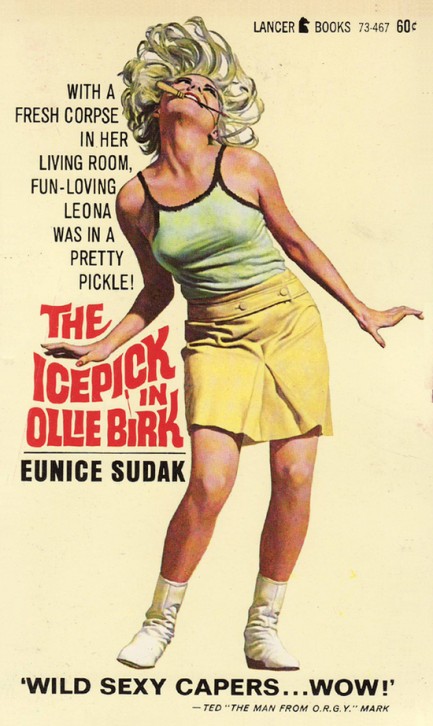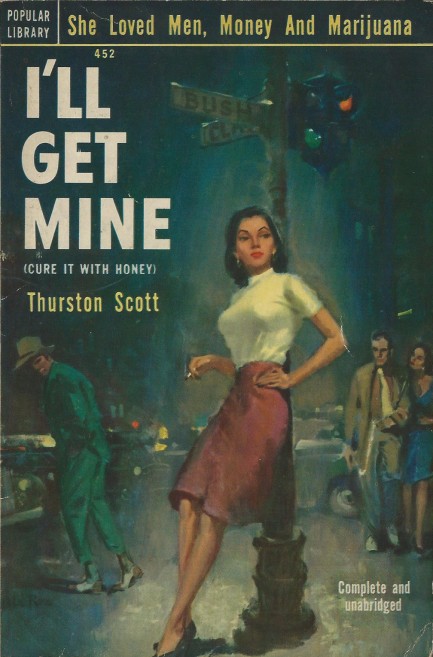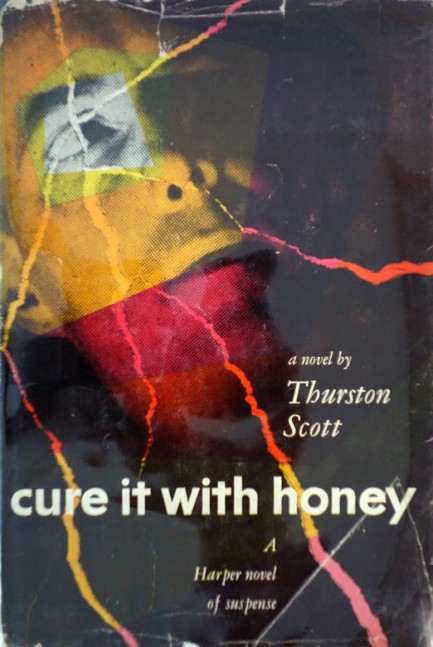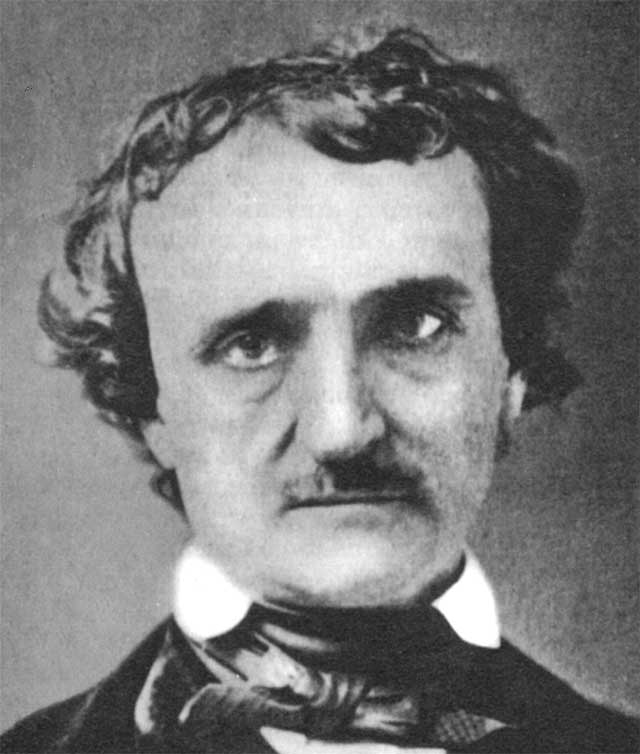 Woman in critical condition after accidentally swallowing ice pick. 
Eunice Sudak was a prolific author, but one whose bibliography is padded by numerous film novelizations, including X—The Man with the X-Ray Eyes and The Raven, after Roger Corman's tongue-in-cheek version of the Poe tale. One of her original pieces of fiction was 1966's The Ice Pick in Ollie Birk, a comedic romp about a widow forced to become a prostitute to survive. That concept is just ripe for humor, right? Almost writes itself. Anyway, the widow discovers the eponymous Ollie Birk dead on her living room sofa with her ice pick in his ear, and of course must extricate herself from this sticky situation. Who did it? Perhaps the rowdy Russians down the hall. The novel is notable for its beat slang, if not its technical merit, and the Lancer Books paperback is notable for its unusual cover art of the lead character Leona Trafalgar dancing with an ice pick in her mouth. We love this image, but it's uncredited, sadly.
 I'll get mine, yours, and everyone else's I can lay my little hands on too. 
 Set initially at San Quentin Prison, then in the wider environs of Oakland, California, I'll Get Mine follows a do-gooder prison shrink down the rabbit hole of Latino gang culture, where he becomes involved in a murder mystery and takes on the role of potential savior to a beautiful druggie ensnared in Pachuco culture. It was originally published in 1951 as Cure It with Honey, which you see at right. Set initially at San Quentin Prison, then in the wider environs of Oakland, California, I'll Get Mine follows a do-gooder prison shrink down the rabbit hole of Latino gang culture, where he becomes involved in a murder mystery and takes on the role of potential savior to a beautiful druggie ensnared in Pachuco culture. It was originally published in 1951 as Cure It with Honey, which you see at right. Thurston Scott was a pseudonym for the team of Jody Scott and George Thurston Leite, and what they put together was racy stuff for the time, with hetero sex achieved, gay sex alluded to, various flavors of drugs inhaled and injected, and some violence. The mix of elements worked well—the novel was nominated for an Edgar Award. The 1952 Popular Library edition at top was illustrated by A. Leslie Ross, and its resemblance to a cover we shared last month puts us in mind of assembling a collection of women leaning against lamp posts and street signs. Stay tuned.
 What do you mean? I am smiling. 
American poet, writer and inventor of the detective story Edgar Allen Poe, looking his typically cheerful and raucous self. He was born today in 1809.
|
 |

The headlines that mattered yesteryear.
1939—Batman Debuts
In Detective Comics #27, DC Comics publishes its second major superhero, Batman, who becomes one of the most popular comic book characters of all time, and then a popular camp television series starring Adam West, and lastly a multi-million dollar movie franchise starring Michael Keaton, then George Clooney, and finally Christian Bale. 1953—Crick and Watson Publish DNA Results
British scientists James D Watson and Francis Crick publish an article detailing their discovery of the existence and structure of deoxyribonucleic acid, or DNA, in Nature magazine. Their findings answer one of the oldest and most fundamental questions of biology, that of how living things reproduce themselves. 1967—First Space Program Casualty Occurs
Soviet cosmonaut Vladimir Komarov dies in Soyuz 1 when, during re-entry into Earth's atmosphere after more than ten successful orbits, the capsule's main parachute fails to deploy properly, and the backup chute becomes entangled in the first. The capsule's descent is slowed, but it still hits the ground at about 90 mph, at which point it bursts into flames. Komarov is the first human to die during a space mission. 1986—Otto Preminger Dies
Austro–Hungarian film director Otto Preminger, who directed such eternal classics as Laura, Anatomy of a Murder, Carmen Jones, The Man with the Golden Arm, and Stalag 17, and for his efforts earned a star on Hollywood's Walk of Fame, dies in New York City, aged 80, from cancer and Alzheimer's disease. 1998—James Earl Ray Dies
The convicted assassin of American civil rights leader Martin Luther King, Jr., petty criminal James Earl Ray, dies in prison of hepatitis aged 70, protesting his innocence as he had for decades. Members of the King family who supported Ray's fight to clear his name believed the U.S. Government had been involved in Dr. King's killing, but with Ray's death such questions became moot.
|

|
|

It's easy. We have an uploader that makes it a snap. Use it to submit your art, text, header, and subhead. Your post can be funny, serious, or anything in between, as long as it's vintage pulp. You'll get a byline and experience the fleeting pride of free authorship. We'll edit your post for typos, but the rest is up to you. Click here to give us your best shot.

|
|




 Set initially at San Quentin Prison, then in the wider environs of Oakland, California, I'll Get Mine follows a do-gooder prison shrink down the rabbit hole of Latino gang culture, where he becomes involved in a murder mystery and takes on the role of potential savior to a beautiful druggie ensnared in Pachuco culture. It was originally published in 1951 as Cure It with Honey, which you see at right.
Set initially at San Quentin Prison, then in the wider environs of Oakland, California, I'll Get Mine follows a do-gooder prison shrink down the rabbit hole of Latino gang culture, where he becomes involved in a murder mystery and takes on the role of potential savior to a beautiful druggie ensnared in Pachuco culture. It was originally published in 1951 as Cure It with Honey, which you see at right.





































































